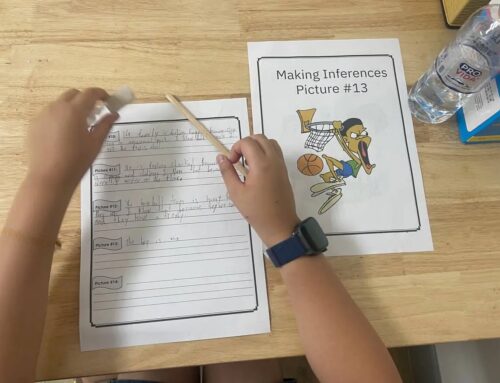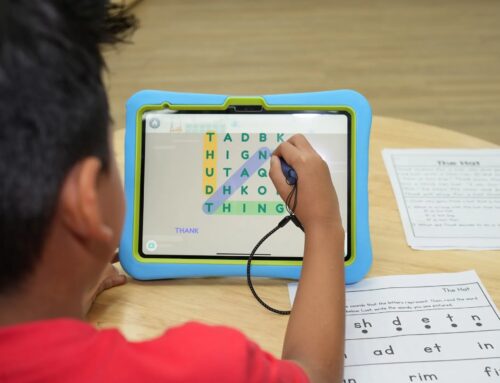[ad_1]
All children develop at their own pace—but when a child struggles to speak or be understood, many parents wonder: is it just a delay, or is it something more? Understanding the difference between a speech delay and a speech disorder is crucial for knowing when to seek help.
At OrbRom Center in Phnom Penh, we work closely with families to identify the root of communication challenges and provide targeted, compassionate support through speech therapy.
What Is a Speech Delay?
A speech delay means a child is developing speech and language skills in the typical order but at a slower rate than their peers. For example, if most children say two-word phrases by age two, a child with a speech delay might reach this milestone closer to age three.
Speech delays can be caused by:
With early intervention, children with speech delays often catch up and develop strong communication skills.
Learn why early intervention matters.
What Is a Speech Disorder?
A speech disorder involves atypical development of speech. It may affect how a child produces sounds, uses language, or understands others. Unlike a delay, a disorder often doesn’t follow the usual pattern and may not resolve without professional therapy.
Common speech disorders include:
-
Articulation disorder: difficulty producing certain sounds (e.g., “th,” “r”)
-
Apraxia of speech: difficulty planning the movements needed for speech
-
Stuttering: disruptions in speech fluency
-
Resonance disorders: issues with voice quality caused by airflow problems
Explore common types of speech-language disorders in children.
Key Differences Between Delay and Disorder
| Feature | Speech Delay | Speech Disorder |
|---|---|---|
| Follows typical development? | Yes, but slower | No, pattern is atypical |
| Responds well to early support? | Often yes | Requires structured therapy |
| Common in bilingual children? | Yes | Not specifically |
| May resolve on its own? | Sometimes | Unlikely |
The only way to be sure is through a speech-language evaluation, which we provide at OrbRom Center.
Signs It’s Time to Get Help
You don’t have to wait for school to notice red flags. Here are signs your child may benefit from a professional evaluation:
-
Not talking by 2 years old
-
Difficult to understand after age 3
-
Uses gestures instead of words
-
Struggles to form sentences
-
Gets frustrated when trying to communicate
-
Repeats sounds or stutters frequently
Read about signs that your child might need speech therapy.
How Speech Therapy at OrbRom Center Can Help
We use evidence-based techniques tailored to the child’s needs—whether they have a delay, a disorder, or a combination. Therapy may include:
-
Articulation exercises and oral-motor activities
-
Language-building games
-
Fluency strategies for stuttering
-
Visual supports and communication tools
-
Play-based learning to boost confidence and motivation
See how structured play builds language skills.
Parent Support Makes the Difference
You don’t need to be a therapist to support your child at home. Simple actions make a big impact:
-
Use short, clear phrases
-
Narrate everyday routines
-
Repeat and expand on your child’s words
-
Read books together and ask questions
-
Avoid pressuring your child to speak—create relaxed opportunities instead
Our therapists at OrbRom Center provide parents with individualized guidance during every session.
Discover how to build strong speech routines at home.
The Earlier, The Better
Whether your child has a speech delay or disorder, one thing remains true: the earlier you start therapy, the better the results. Early support strengthens language development, reduces frustration, and builds social confidence that lasts.
OrbRom Center in Phnom Penh is here to support your child’s speech and language growth with professional, compassionate care. We tailor therapy plans based on your child’s unique needs and guide you every step of the way.
Click here to get started with a speech therapy consultation.
[ad_2]
Source link






